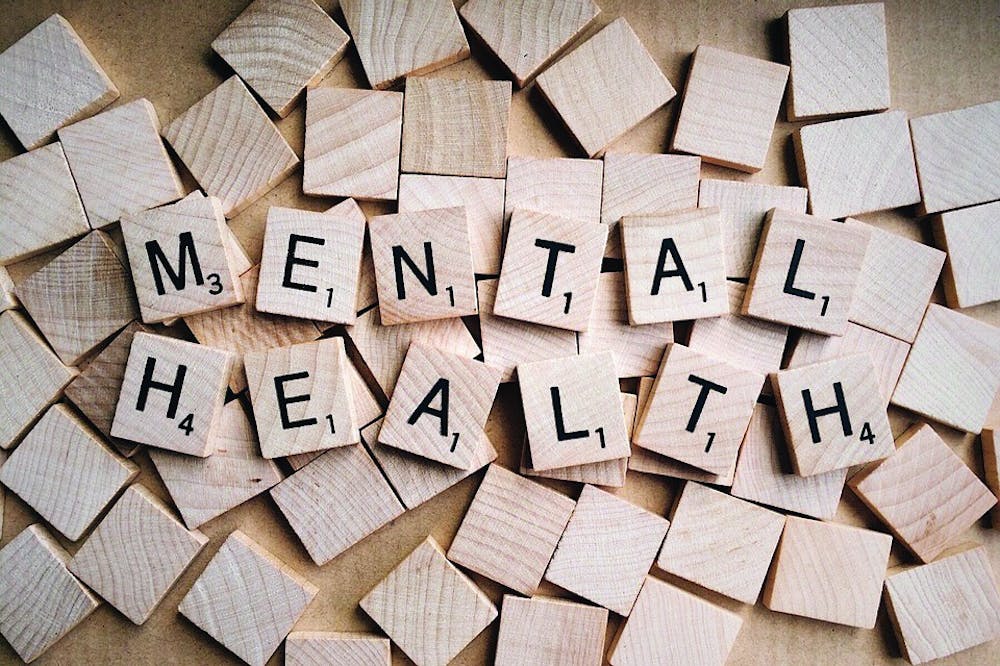If you ever have the chance to peruse the “Parents of Johns Hopkins University Students” Facebook page, you’ll see more than one post from a parent whose child has developed anxiety and depression during their time at Hopkins.
Granted, many such students likely struggled with these issues long before Hopkins exacerbated them, and they likely would have struggled elsewhere.
Personally my mental health worsened at Hopkins. That being said, there is no way of knowing whether my mental health would have improved, or at least been better, at a different institution. After all, the college transition can be tough for anyone, anywhere. So is it really fair to blame Hopkins for your mental health issues?
Rather than trying to absolve Hopkins of blame, the grim reality is that many students enrolled here do indeed struggle with mental health issues. Why is this so and how does Hopkins — irrespective of how other universities are screwing up — contribute?
And while I do not have all the answers, I bring you my very best guess:
This University might be particularly conducive to mental health issues because it harbors an unhealthy culture of excellence, a culture inseparable from if not synonymous with our culture of suffering: If you’re not overworked, you’re not working hard enough, and even if you are overworked, you could and should be working harder.
As a result, students are pushed past the point of caring about anything but the attainment of their goals, both short-term — grades, internships, extracurricular clout — and long-term, like admission to graduate school, a prosperous career, a comfortable retirement and an even comfier death.
“Tell me a little about yourself.” When faced with this open-ended question, most of us would probably comb through our résumés and ramble on about our academic and career ambitions. Most of us would reduce ourselves to an elevator pitch because that’s the mold we’ve been encouraged to fit into.
So what happens when you don’t fit into this mold? When you have neither a polished and perfected elevator pitch nor an acute sense of direction? What happens when who you are and what you do is not valued by whoever is lurking on your LinkedIn? And, furthermore, what happens when you feel as though you’re the only one who feels this way? What happens when you feel alone?
Maybe you start to care too much. Maybe you stop caring at all.
If you bothered to read your syllabi at any point this semester, you may have noticed that this year, many professors have introduced a new blurb to their University policy sections: “The University is aware that many students experience anxiety, depression and other emotional challenges. If you would like to speak to a professional counselor, please visit the campus Counseling Center. Information is available on the Counseling Center website: https://studentaffairs.jhu.edu/counselingcenter/.”
To summarize, Hopkins is aware that many students experience certain health issues that the University does not take as seriously as other health issues. Rather than burdening your professors with said issues, please save them for the understaffed, underfunded counseling center.
Although this may seem like a step in the right direction, requiring professors to copy and paste this blurb into their syllabi will not fix anything. A counseling center, in theory, may be able to “cure” individual cases, but a handful of mental health professionals cannot dissolve a culture that pushes students to be not only one-dimensional but also apathetic to all other dimensions of higher education.
We are not here to make friends. We are not here to learn. We are here to graduate with a transcript and résumé that will allow us to level up.
We are all about the destination, never the journey. And if this is where you choose to sacrifice your fleeting youth, for what you’re sacrificing to be here, I’d argue that you should be able to enjoy both.





